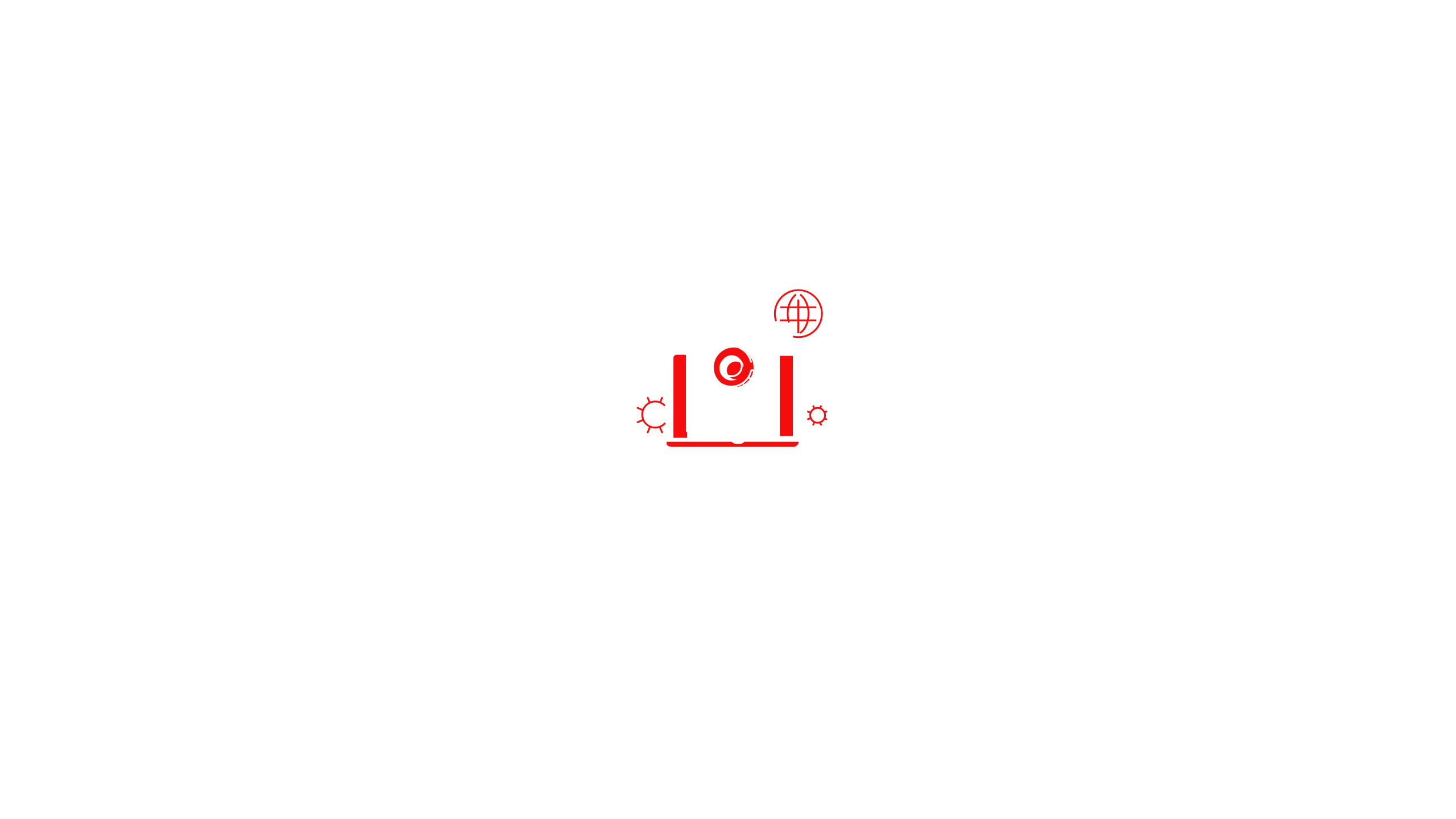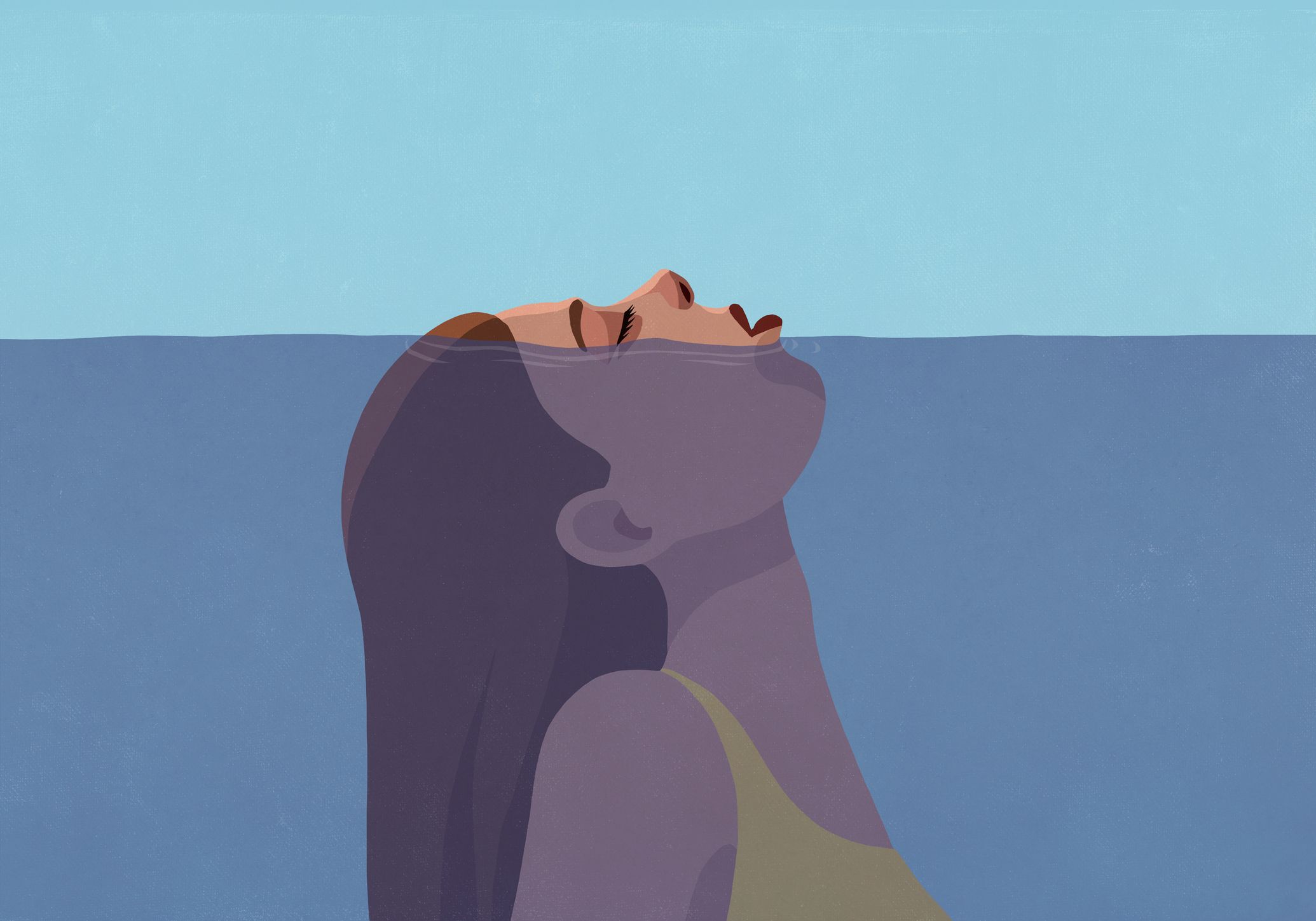

Feeling drained and anxious? Here are ways to destress
Whether you're working from home or you’re back at the office, it’s important to take time out to keep yourself feeling more relaxed and less stressed.
Due to the coronavirus pandemic persisting, it's understandable that you might be feeling exhausted and anxious during this time of uncertainty.
Here are five simple ways to help you destress and feel energised.
Get up earlier
This isn’t for everyone, but if you’re more of a morning person then start rising even earlier.
You’d be surprised at how much more you’ll accomplish before everyone else is awake. This way you’ll feel more in control of your day and less overwhelmed, whether you use the extra time for reading, getting in a workout, responding to emails or getting right to work.
Completing these tasks first thing in the morning allows you to focus on your to-do list sooner – which means you get done earlier and can fit in something that you enjoy, according to The Conversation.
Take a walk, even if it's for a few minutes
Exercise is one of the best stress relievers out there. But not everyone will take the time or have the motivation to commit to a strict workout plan.
Worry not! Fitting in a short 10-minute walk first thing in the morning, during a lunch break or after you’re done with your work can do wonders for your mental health. A short walk clears your head and boosts endorphins, which in turn reduces stress hormones.
If possible, go for a walk around your neighbourhood or anywhere where you feel relaxed.
Enjoy a balanced diet
Your mood is easily influenced by food. This is why you automatically reach for your comfort food when you feel down in the dumps or stressed out. Nonetheless, cookie dough for breakfast is never the best option for your health.
Healthy eating improves your energy, makes you more productive and improves your physical and mental health, according to Every Day Health.
“Microbiome health, or gut health, affects your mood, emotions and psychological health,” says Alice Figueroa, a nutritionist in New York City and founder of Alice in Foodieland.
Meditate
Take time out and just breathe. This practice of inward-focused thought, along with deep breathing, has been proved to reduce heart disease risk factors including high blood pressure, The Stylist reports.
Meditating methods include yoga and prayer, which are also effective in relaxing the mind and body.
This could even be done in just five minutes.
Get enough quality sleep
Sleep is an essential part of staying healthy and strong, and it can help you better handle stressful situations.
Remember, just because you’re in bed for eight hours doesn’t mean that you’re getting quality sleep. Make sure that you get restful and restorative sleep every night by having a cool, dark and quiet environment.
The Sleep Foundation recommends that adults get between seven to nine hours of sleep every night.
SOURCES: NIVEA.COM.AU, STYLIST.CO.UK, WEBMD.COM
